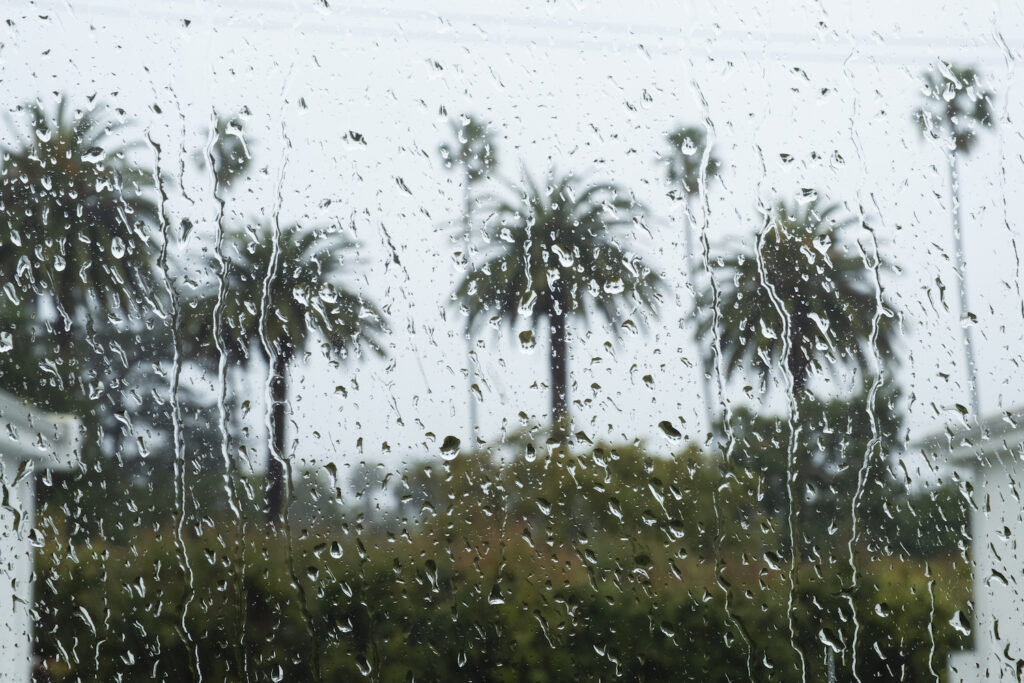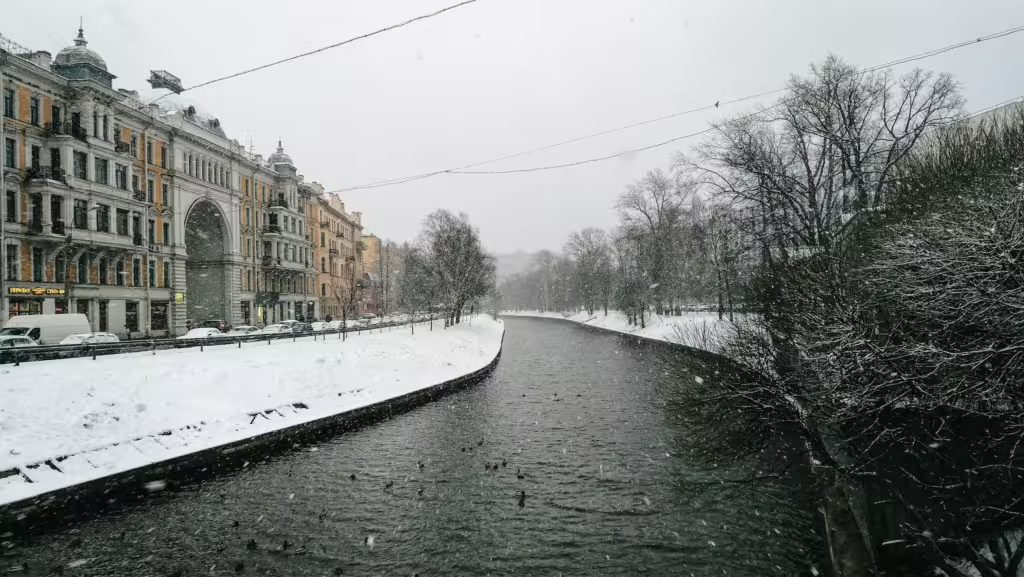Winter came early to much of Canada and the United States this year, bringing hardship and expense as well as scenic views and outdoor fun. Back in November, NBC observed in an unguarded moment, “Severe weather delays over 2,500 post-Thanksgiving flights in U.S.” You don’t have to ask whether it was severe warmth or cold that did it, do you? Or consider NBC’s Dec. 19 headline “High-impact storm to wreak havoc on holiday week travel”. And Dec. 20’s “Arctic blast to bring ‘life-threatening’ cold to parts of the U.S. as snow is expected to cause travel headaches”. Yet in all the many articles like this, climate was never mentioned. Because in the world of one-sided climate science, hot weather is proof the theory is correct while unusually cold weather doesn’t mean anything and doesn’t even need to be discussed.
We noted one Tweet in late November that asked “This past October was the coldest in the Mid-Atlantic and Southeastern U.S. since 2006. Why did none of that make the headlines?” Because the less said the better, until the thermometer goes up then talk about nothing else. It’s all part of this “all in the mind” mentality.
Thus the Weather Network did the polar vortex thing in mid-December over Canada’s bone-chilling daytime highs of -20 and worse, and lows of -40 or even -50. But didn’t blame it on warming. Nor did Global attribute southern British Columbia’s “Freezing rain, ice pellets and more snow” to it. Likewise, the Guardian had “Flights cancelled while more travel delays expected due to cold snap” in Britain and relayed school closings and official warnings not to try to travel given “temperatures in the country expected to plummet to -7C overnight” and “treacherous weather” and also urgings to keep heating your home or flat to at least 18°C even if you couldn’t afford to because, um, see, cold kills people. But climate went unmentioned even in the pitch for subscriptions accompanying this story although it is normally front and centre in Guardian self-advertising.
That outlet also had this item on the American storms:
“The NWS has described the storm as ‘once in a generation’ weather event, saying more than 100 daily cold temperature records could be equalled or broken over the coming days. Florida is projected to experience its coldest Christmas in 30 years.”
No suggestion that once-in-a-generation events were now becoming more common, unlike anything heat-related. And no inferring ominous trends from those broken records. (To its credit NBC did concede on Jan. 7 that the Pacific storms battering California “have also been piling up much-needed snow in the drought-stricken state’s mountains, where the snowpack supplies about a third of California’s water supply.” But you don’t win a prize for guessing that particular story did not contain the word “climate” anywhere. Though another story on Jan. 4 had blamed climate change for the drought while treating the storm that brought relief as just weather. One on Jan. 3 that described the damage from flooding, by contrast, definitely attributed it to climate change.)
The CBC’s coverage of cold-related deaths in Britain had “extreme cold snap” and “severe weather warnings” and the closure of Britain’s busiest highway, the M25 that circles London, as well as flight cancellations. But again, demurely, no climate.
On a slightly lighter note, the Telegraph reported that “One of Britain’s leading crime writers has appealed for help after a half-finished manuscript for her new novel was lost in a blizzard on a Scottish island.” Which also saw downed power lines. But no suggestion of who dunnit. And on a much darker one, a British advocate for the disabled Tweeted “Winter blackouts: Disabled people must draw up their own back-up plans, say ministers – Disability News Service”. Winter blackouts? In one of the world’s most advanced economies? What has happened to your infrastructure… and your intelligence?



The old "weather vs. climate" dodge has been around for at least 20 years, probably closer to 30. Criticisms like yours here of this tendentious use of language have been around for just as long - 20 or 30 years. Nobody within a stone's throw of the climate debates can claim to be unaware of what is going on, because the twitterverse lights up with both sides of it every time there is a dramatic atmospheric event. The people who write these articles and deliver the weather on TV know exactly what they are doing with their choice of language, and why. They self-consciously follow the rule, "If it is colder, it is weather; and if it is warmer, it is climate." They know exactly why they follow this rule by rote, too. Being zealots, they think it is a noble Platonic lie to deliver the message this way - a distortion aimed at promoting a "greater truth." We know that is incorrect; to us, it is just a self-serving deception on the public. But that - a malicious deception - is the very definition of a hoax. You can't keep producing columns like this while denying that there is a lot of climate hoaxing going on. You expose hoaxes, i.e. malicious deceptions, every week. Own it.